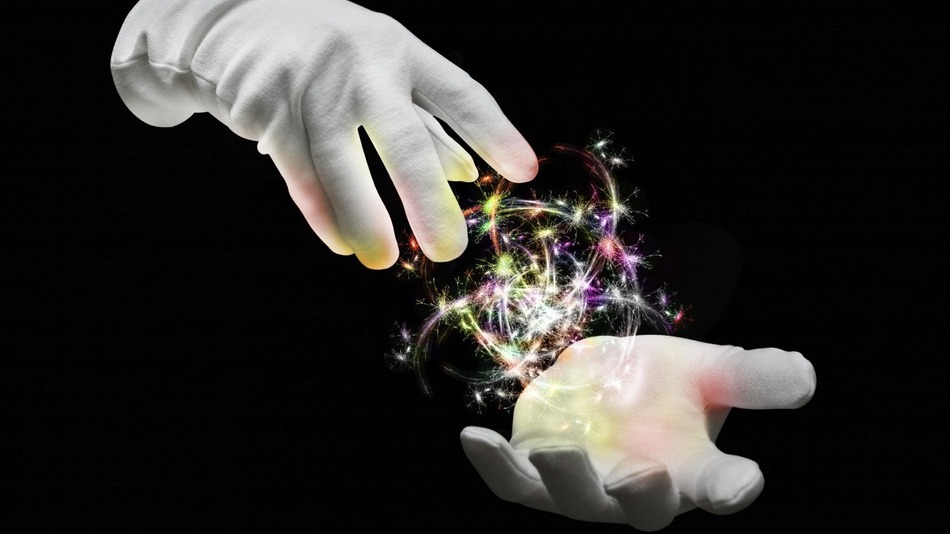Intuition, Mind-Reading, and Other “Magic Powers” We All Have: An Interview with Jen Kim


Jen Kim is a journalist and a Northwestern University graduate who has been writing her blog “Valley Girl With a Brain” for the popular magazine Psychology Today for 7 years. She has also been published in a number of other outlets, such as The Chicago Tribune’s Red Eye and The Northwest Indiana Times, among others. She writes mostly about relationships and life in your 20’s and 30’s on her blog.
Interview
I see that you are a writer and formally an intern for Psychology Today. What motivated you to study journalism? And when did you begin writing for Psychology Today?
I’ve always loved writing and psychology, so it was a dream come true to get the internship at Psych Today. I had been out of school a few years already and wanted a career change, so I moved from LA to NYC for the internship in 2009 then decided to go to journalism school in Chicago from there. I’ve kept a blog on Psych Today since 2010.
Was psychology always a topic you were interested in, or did it occur as a result of studying journalism?
My interest in psychology came long before I was interested in journalism. I have always been fascinated by why we are the way we are. In undergrad, I studied sociology.
I read your article “Your Brain on Magic“ and found it very fascinating. What was it that inspired you to research and write about that particular topic (our “mental magic”, if you will)?
I’m a sucker for magic tricks — I’m not sure why. I was curious about why humans are able to be deceived, so I got to googling and discovered all these great articles which led me to write the blog post.

You mentioned that our ability to “read minds” by looking into someone’s eyes and our ability to experience empathy are both rooted in genetics. Do you have any thoughts on the connection between empathy and mind-reading, if there is any?
I think there is definitely a connection between empathy and mind reading. In the study, it seems to be synonymous. To me, empathy means being able to understand what someone is experiencing and feeling. In order to be a good mind reader, you probably need empathy.
Intuition is definitely something magical and it would be unwise to ignore it. In your article, you stated that intuition is a gut feeling that you can trust whereas illusions cannot be trusted. Could you expand on the differences between intuition and illusion for those who are unaware?
Gut feelings, I believe, are instincts that have been around since evolution. It’s what has helped us survive all these years. They are what tells us when something is a good or a bad idea. You can trust them. To me, illusions are deceptions that can’t be trusted.
What brought you to the conclusion that ESP, or extrasensory perception is, as you said, our true sixth sense? And, does everyone possess this sixth sense, or is it limited to only certain people?
I think that, like gut feelings, ESP is an innate ability that has evolved over the years to help us survive. The science, however, is shaky, so it’s hard to know what’s certain. I do believe that we all have the capacity for ESP, but not everyone uses it to their full capability. It’s probably just like any other skill — it’s something you must learn and practice to get better at it.
You cited a fascinating study by the University of Montreal on clinical hypnotherapy, a process that has shown to improve health conditions like eating disorders and phobias. Critics may argue that this is due to the placebo effect. What role, if any, do you think the placebo effect had on the outcome of this study, and on hypnotherapy itself?
I didn’t talk to the researchers directly but I imagine the placebo effect plays a large role in both the study and hypnotherapy in general.
Magic is often largely dependent on deception. You talked about how people are easily fooled by magic; why do you think this is? And are some people more susceptible to being fooled by magic tricks than others?
The experimental study that I referred to points out that our expectations will often overpower our senses (or reality). This to me sums up why some people are fooled by magic (misdirection) and by anything else. Some of us are just more gullible and trusting, whereas others are more skeptical and on alert. I imagine those of us who want to believe in magic are probably more likely to be tricked by it.
Do you have any advice for anyone looking to harness and practice these mental magic tricks (such as mind-reading, intuition, ESP, premonitions, or hypnosis)?
Good question. I have no idea… Maybe listen to your instincts more? Talk to people who are mentalists or magicians… See if you can learn some of their tricks?
Do you have any additional resources for those who may want to learn more about this topic?
I’d start with reading the articles and studies I linked to in my post.
If someone wants to get in touch with you, what’s the best way?
Feel free to email me.
To read Jen Kim’s blog on Psychology Today, click here, or follow her on twitter.




Nice article
Glad you enjoyed it 🙂